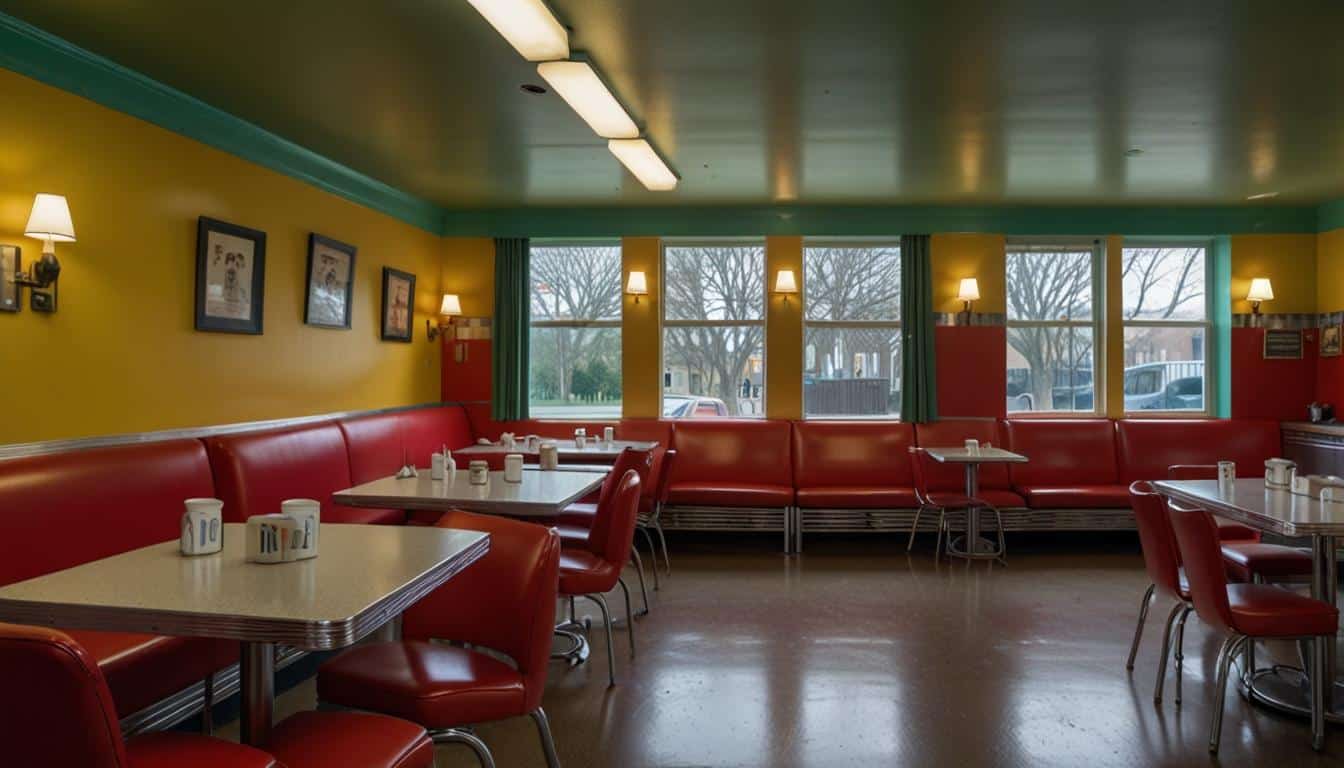In the 1940s, Britain was struggling to manage the domestic impacts of World War II. At this critical juncture, a novel concept emerged: British Restaurants. These government-funded canteens served high-quality, nutritious meals at reasonable prices, attracting a diverse range of customers from across British society.
The initiative was driven by Winston Churchill’s government, aiming to combat inflation, food scarcity, and bolster community morale. At their peak, British Restaurants proliferated at a rate of ten new sites per week, surpassing the number of modern-day fast-food chains like McDonald’s and Wetherspoons.
Fast forward to the present, and a new report is calling for the revival of a similar concept to address contemporary challenges such as health inequality, food insecurity, and climate change in the UK. The report, titled Public Diners: The Idea Whose Time Has Come, has been published by Nourish Scotland, a food policy non-governmental organisation. This report is the cornerstone of a campaign advocating for state-subsidised eateries that could form a new facet of national infrastructure. Various politicians and experts are supporting the proposal.
Nourish Scotland’s envisioned public diners would serve quality, ethically produced food at affordable prices. They stress that these establishments should not be considered charity or luxury, but rather everyday eating spaces accessible to all community members. Reflecting on the wider scope of public well-being, Abigail McCall, the project’s officer at Nourish Scotland, stated, “For other aspects of our wellbeing – water, transport, healthcare, even wifi – we have built the public infrastructure to ensure that everyone has quality, universal access. We are missing that in relation to food.”
McCall emphasised that “poor diets have overtaken smoking as the leading cause of preventable ill health”. She urged the government to make significant interventions to provide healthy, sustainable food options that are both convenient and affordable. Drawing parallels with past public infrastructure projects like railways, parks, and libraries, McCall insisted on the feasibility and long-term benefits of public diners, given their potential impact on health, the environment, and community cohesion.
Subscribe
Sign-up to receive our newsletter
The proposal has garnered support from several experts, including Dr. Christian Reynolds, a researcher at the Centre for Food Policy at City, University of London, and a global expert on food waste and sustainable diets. Dr. Reynolds highlighted the historical effectiveness of British Restaurants during World War II and supported the modern adaptation of the model for contemporary needs. He stated that state-subsidised, affordable restaurants could yield positive outcomes in terms of public health, local economic stimulation, and environmental sustainability.
Recent statistics underscore the urgency of the issue. Hospital data from last year revealed that the number of patients in England and Wales being treated for nutritional deficiencies had tripled over the past decade. A January 2024 survey by the Food Foundation found that 20% of UK households with children experienced food insecurity. Nourish Scotland argues that their proposed public diners could source ingredients from organic farms, thereby reducing unsustainable food production practices and minimising food waste.
International examples offer precedents for the proposed public diners. In Poland, government-funded “milk bars” gained popularity during the communist era as venues serving traditional, affordable meals. They remain common today. In Singapore, “hawker centres” emerged as part of urban redevelopment efforts post-independence. These market-style community dining rooms bring various street sellers under one roof, ensuring consistent food hygiene standards and providing consumers with diverse food choices.
The call for state-subsidised dining in the UK coincides with a growing global movement recognising public restaurants as vital infrastructure. Mark Bittman, a former New York Times food writer and the founder of the non-profit restaurant chain Community Kitchen, praised the proposal as both “brilliant” and “executable.”
As the conversation continues, the vision for a new kind of public eatery is taking shape, inspired by historical examples and responding to modern challenges. Whether the proposal will gain the necessary traction and support to be implemented remains to be seen.
In the meantime, readers are invited to learn more about these historical and contemporary initiatives and consider the potential implications of reintroducing such public dining facilities in today’s society.





